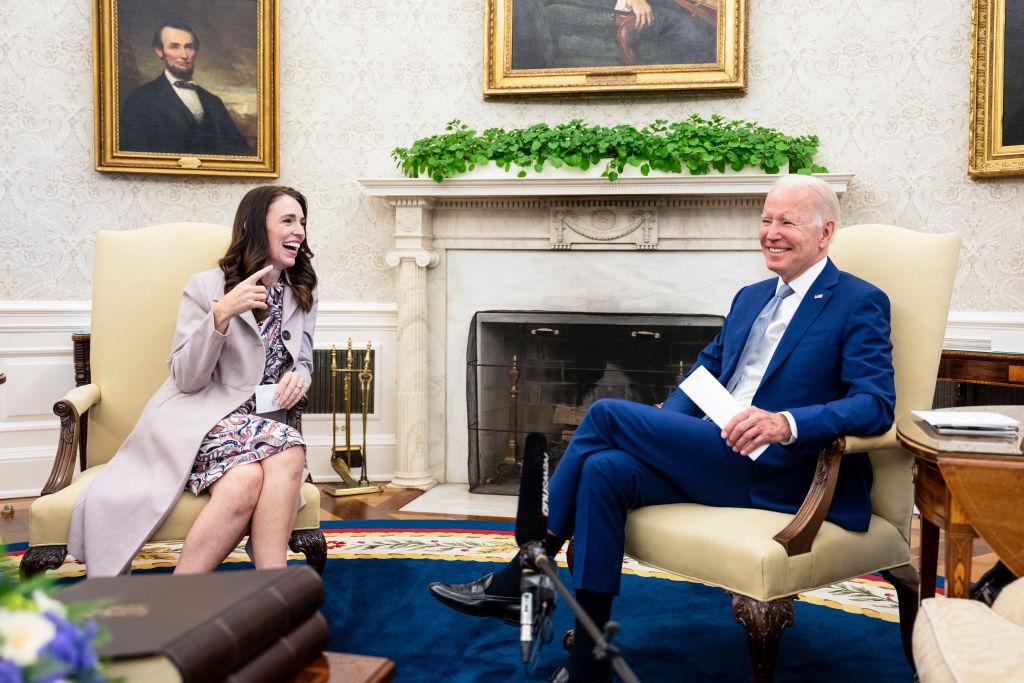New Zealand Prime Minister Jacinda Ardern met with U.S. President Joe Biden in the Oval Office on the backdrop of the increasing spotlight on climate change, gun control, and rising tensions in the Pacific as China seeks to expand its influence in the region.
Biden told Ardern the United States needed guidance from New Zealand’s leadership, which had taken a “critical role” in addressing global issues, and had galvanised action on climate change and the effort to curb extremist violence.





